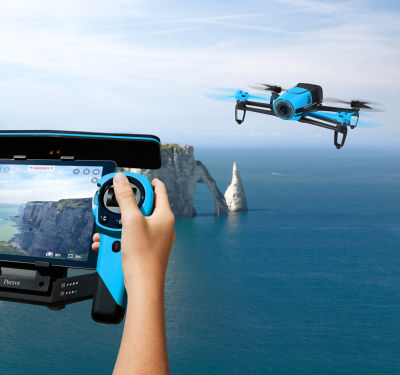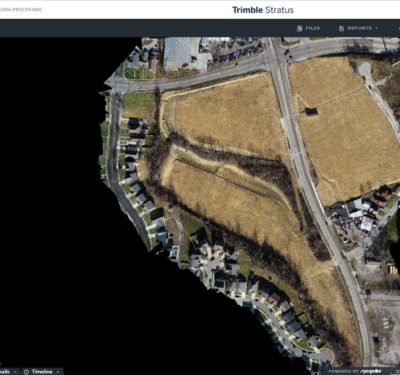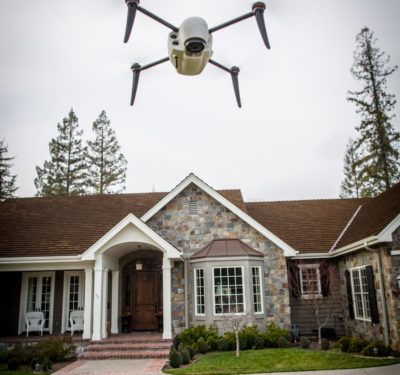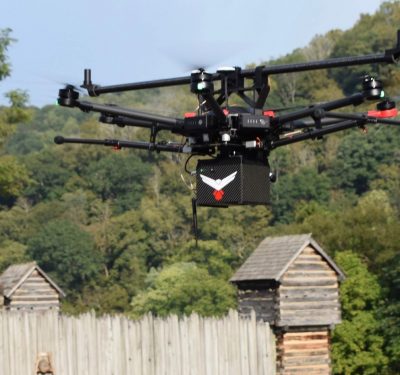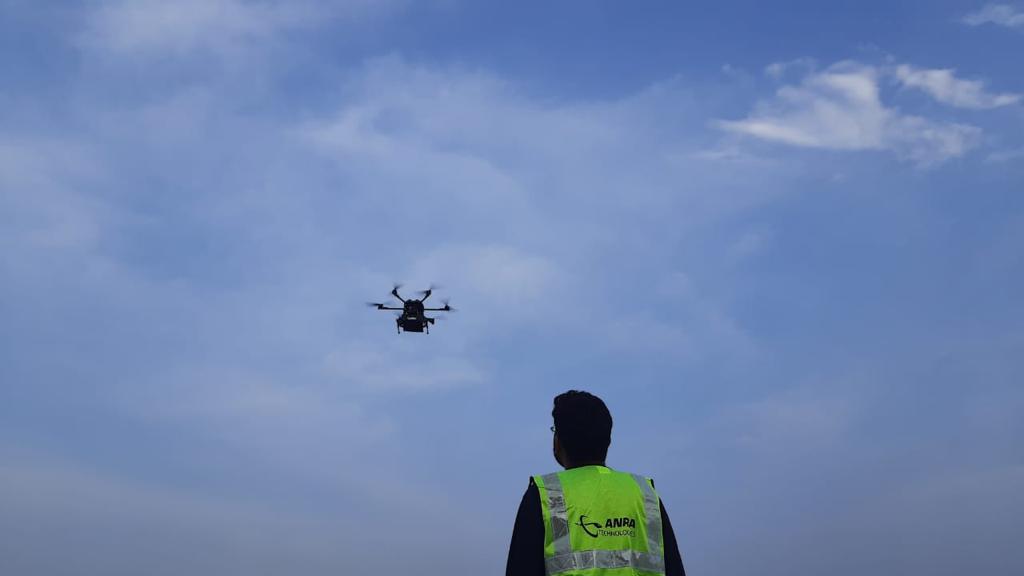
ANRA Technologies, along with on-demand delivery platform Swiggy, has launched the first BVLOS drone delivery trials in India.
The first flight took off after months of planning, risk assessments, air traffic control integration, training and equipment preparation, according to a news release. Final clearance for the flights was given by the India Ministry of Defense (MoD), Directorate General of Aviation (DGCA) and Ministry of Civil Aviation (MOCA).
Flights will continue over the next several weeks, with the team conducting BVLOS food and medical package delivery with ANRA drones, using SmartSkies technology, in the Etah and Rupnagar districts.
“As a pioneer in investing in technology and logistics with a dedicated delivery fleet, Swiggy has built a robust presence in hyperlocal delivery moving beyond food to offer convenience to consumers,” Swiggy Principal Program Manager Shilpa Gnaneshwar said, according to the release. “With an increasing number of technological innovations taking place to smoothen and fasten the last mile journey, it only becomes natural for us to explore the latest avenues available to maximize the benefit to our consumers.”
Throughout the program, ANRA will lead two consortia. The first, focused on food delivery, consists of partners Swiggy, the Indian Institute of Technology, Ropar (ITT Ropar) and BetterDrones. The second consortium includes ANRA and ITT Ropar and will focus on medical deliveries.
ANRA SmartSkies CTR and SmartSkies DELIVERY platforms make the BVLOS deliveries possible. SmartSkies provides execution and management for drone operations in controlled and uncontrolled airspace, ensuring the safety of the Indian National Airspace and seamless integration into the country’s legacy Air Traffic Control systems.
“ANRA’s deep roots in India and my personal family ties make me especially proud to have contributed to this historic moment for India, government stakeholders and our partners,” ANRA Founder and CEO Amit Ganjoo said, according to the release. “Knowing our technology may soon help deliver food and medical packages to underserved populations are what motivates and unifies our team.”
Data collected and key learnings will be used to support the development of India’s nationwide operational UAS Traffic Management (UTM) platform, Digital Sky.
By the end of the program, Consortia members want to better understand the trade-offs between interoperability and open implementations and specific technical integration requirements for functionality. They aim to determine acceptable performance envelopes for latency, reliability, availability times, and ‘near real-time’ aspects of communications. They’ll also seek to establish how other emerging standards, including Remote-ID and Detect and Avoid (DAA), may be integrated into the overall Digital Sky UTM framework.
“The recent COVID-19 has shown that remote and unmanned delivery of essential items can not only be a usual business proposition but can be a life-saving endeavor aimed at restricting infections under such emergencies,” said Prof. S S Padhee, Head, Corporate Relation Cell, IIT Ropar, according to the release. “IIT Ropar has already started efforts in this direction. I’m sure the present collaboration will bring out products and services of significant business and social impact.”


